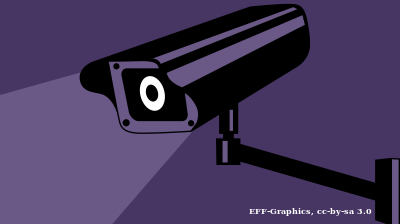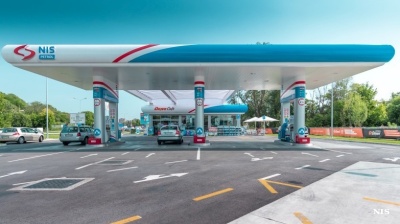The first quarter of 2023 saw significant growth in online purchases in Serbia, with the number of online transactions in dinar reaching 8.7mn, reflecting a robust growth of 25.76% year-on-year, according to data from the National Bank of Serbia (NBS). Total transactions in dinar, euros and dollars reached over €336mn.
e-commerce in the Balkans, like elsewhere in Europe, experienced a post-pandemic slowdown after online sales reached their peak during the pandemic. However, analysts note that during this period people had learnt to trust online shopping and so the e-commerce trend is rising again.
The total value of dinar transactions in Q1 amounted to RSD24bn (€205mn), an increase of 38.11% from the previous year. In addition, there are 752 new online stores since last year, bringing the total up to 3,610 in March 2023.
There were 2mn transactions in euros during the quarter, with a value of €96mn, increases of 29.96% and 36.49% respectively.
The volume of US dollar transactions reached 1.5mn, up by a quarter y/y, while the value rose by 8% to $37mn.
The total value of transactions in all three currencies reached €336mn, according to bne IntelliNews calculations.
In Serbia, the most popular e-commerce and shopping websites in April 2023 were technology retailers Gigatron and Tehnomanija, and e-pharmacy Srbotrade apoteka, which all experienced over 9% growth. A Serbian clothes website, Fashion and Friends, hit 59.8% growth.
Serbian online trade platform Ananas E-commerce, part of the Delta Holding corporation, last year expanded in the Balkan region starting with North Macedonia.
“Ananas’ mission is to become the Amazon of the Balkans — to bring the online shopping experience seen in the developed countries to these parts of the Balkans,” the company’s international business development manager Nina Angelovska told bne IntelliNews in an interview last November.
By then, Ananas had become the owner of the Macedonian online shopping brands Grouper.mk and Paopao.mk, after it acquired 100% of Vebspot, which runs the two platforms, from Payten, a member of Polish group Asseco.
As well as e-commerce, there has been an uptick in mobile banking, with over 3mn Serbs now engaged in mobile banking services, a growth of 11.66% from the previous year.
Both the number of users and the volume of digital banking transactions carried out by individuals and legal entities rose.
Serbia is shifting away from cash payments faster than other Balkan countries. As of the end of March 2023, the total number of issued payment cards reached 11mn, representing a 6.70% year-on-year increase. Citizens made over 111mn card payments at vendors, a surge of 19.63%.
The growth of cashless payments has been supported by the rise of instant payments through the NBS’ IPS system.
The first quarter also saw an increase in distance contracts for current account services, with a growth of 9.72% (3,025 contracts compared to 2,757).
It’s probable that the high influx of Russian and some Ukrainian migrants into Serbia has boosted the issuing of new cards and distance contracts for current account services.
Tech

Russia blocking messaging apps again, sets up copycat Telegram app
Russia’s internet watchdog Roskomnadzor has been blamed for another round of internet outages in Russia, as the state sets up a Telegram messaging app clone as the Kremlin continues to take increasing control of RuNet.

Albania’s AI minister ‘pregnant’ with 83 children, PM says
AI “minister” Diella will give birth to dozens of digital parliamentary assistants for ruling party MPs.

Is Kazakhstan building a digital utopia, or a China-style surveillance state?
Many Kazakhs will tell you that officials should limit their ambitions to fixing the internet speed. Others worry that the time for joking is over.

Kia inaugurates $310mn "highly automated" automotive plant in Kazakhstan
Featuring 68 industrial robots, the plant is designed to produce up to 70,000 vehicles annually.




